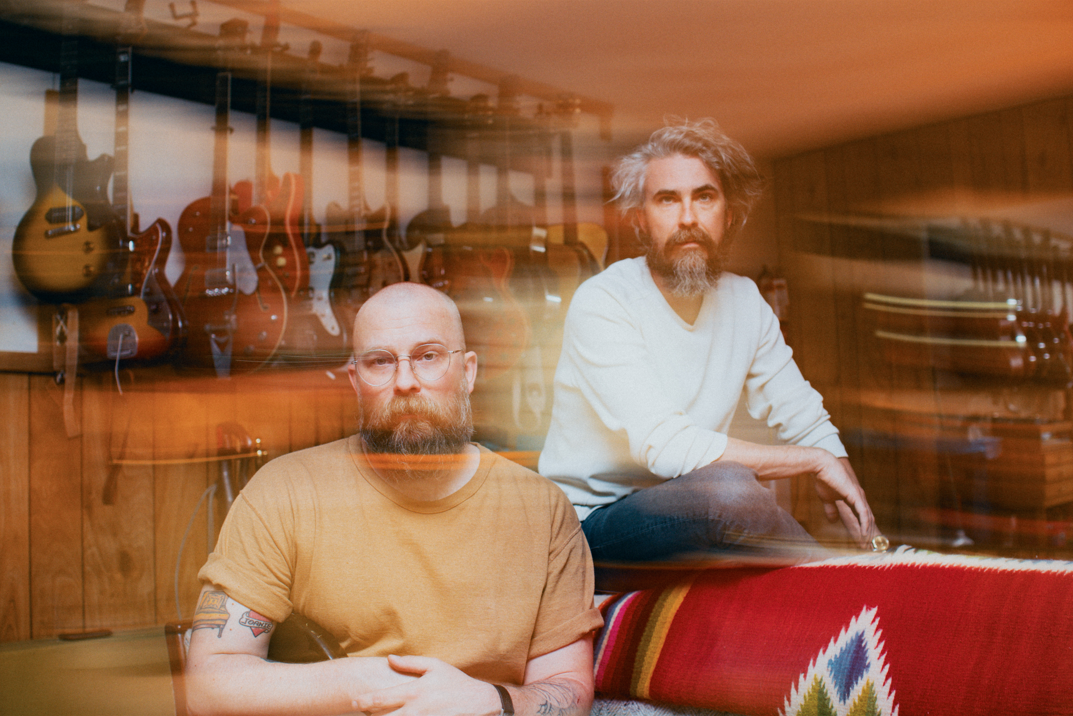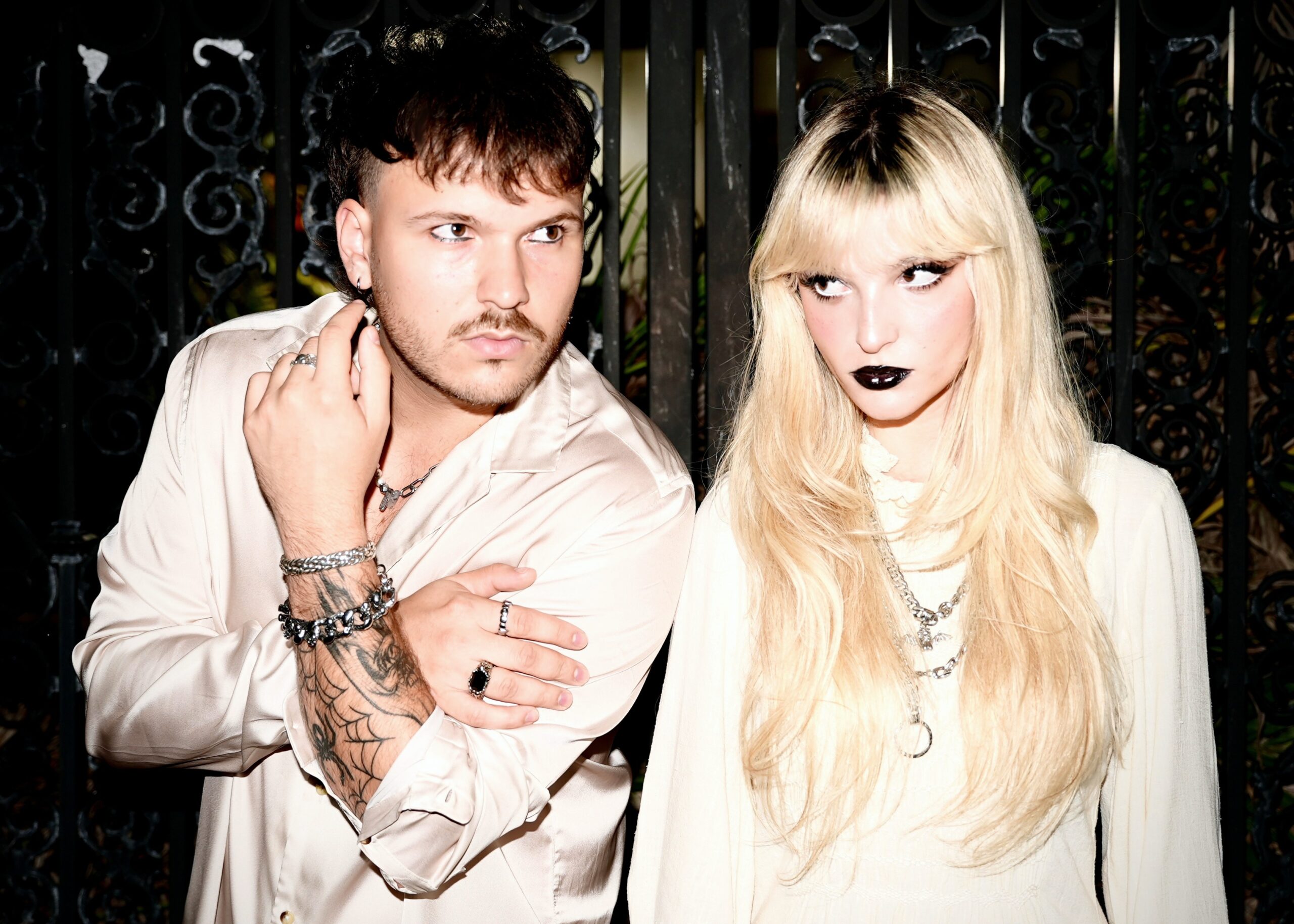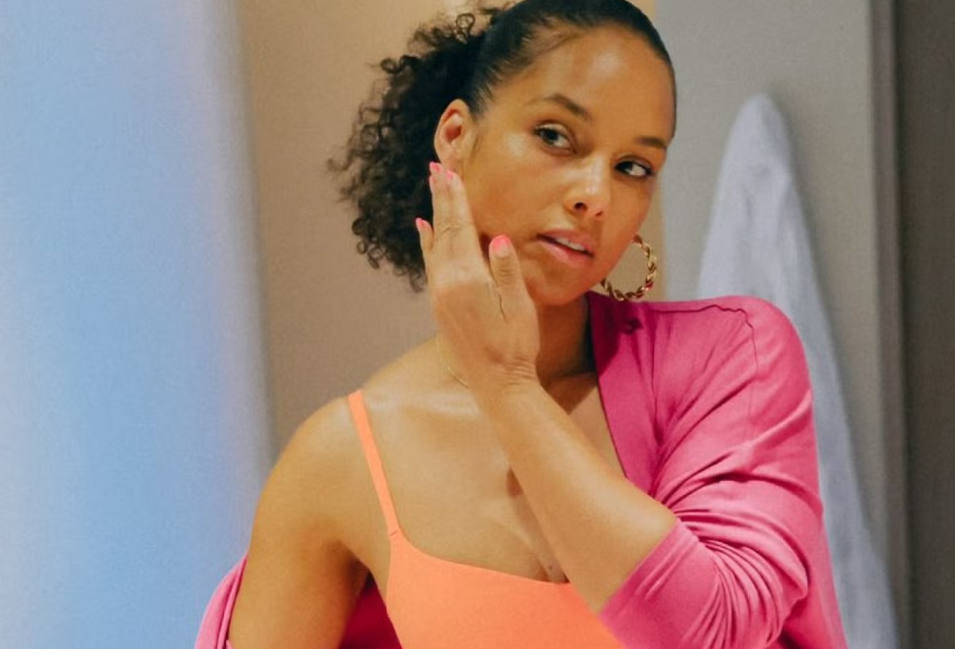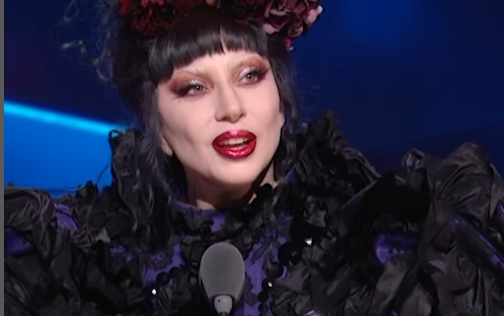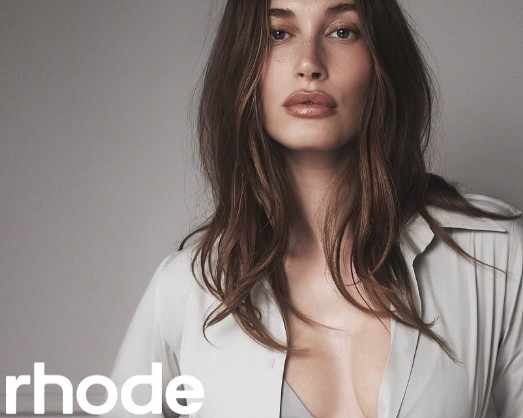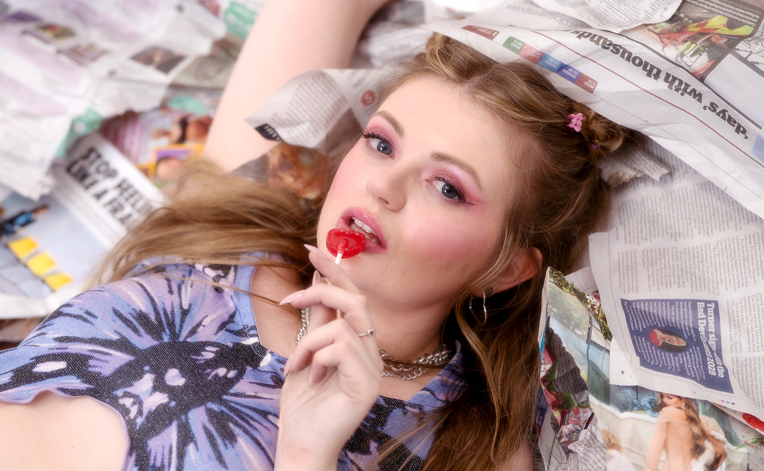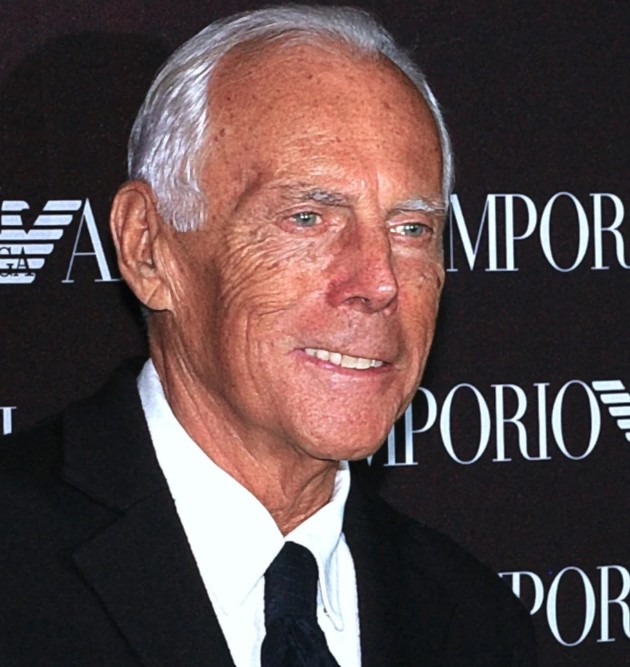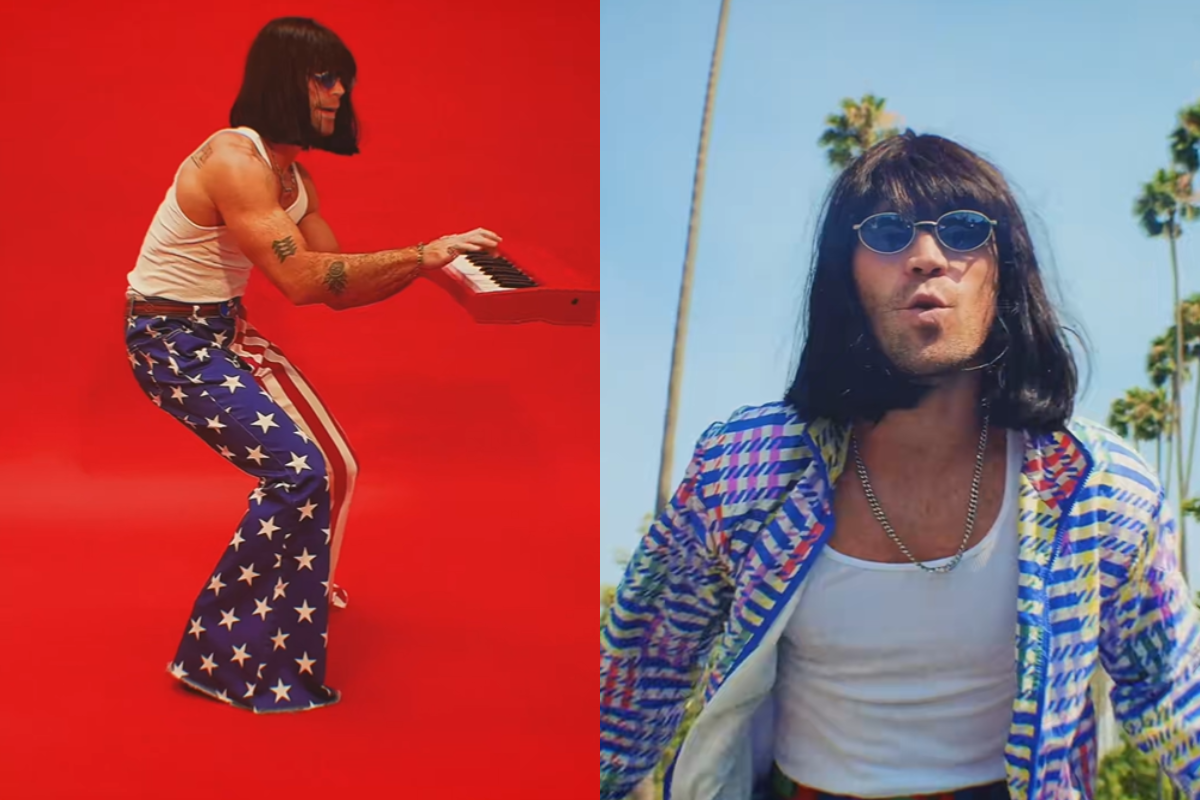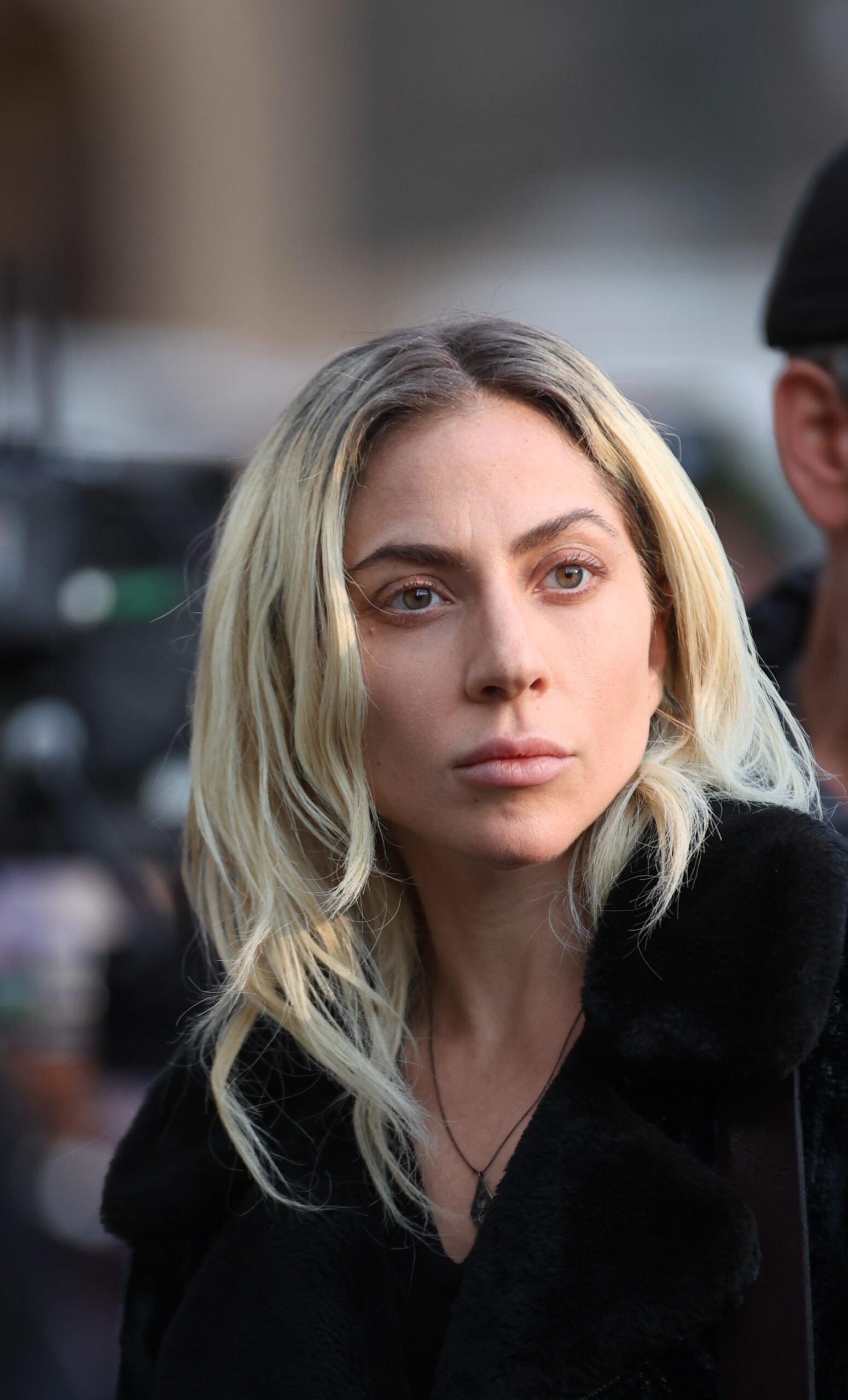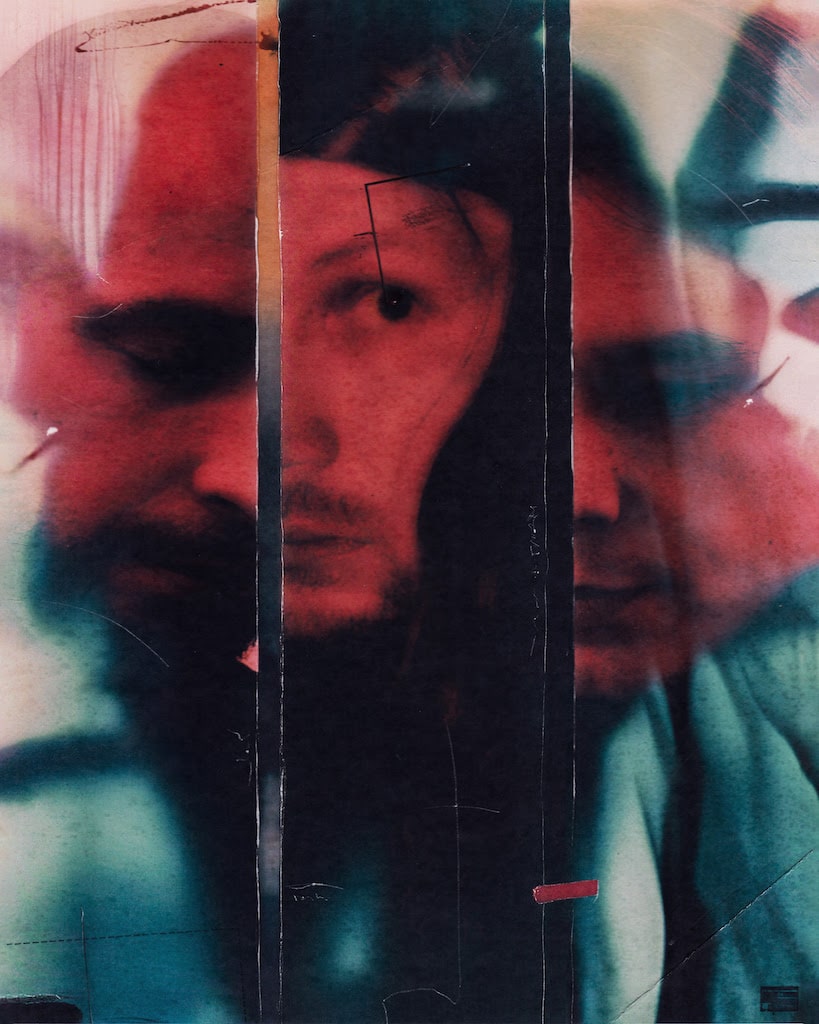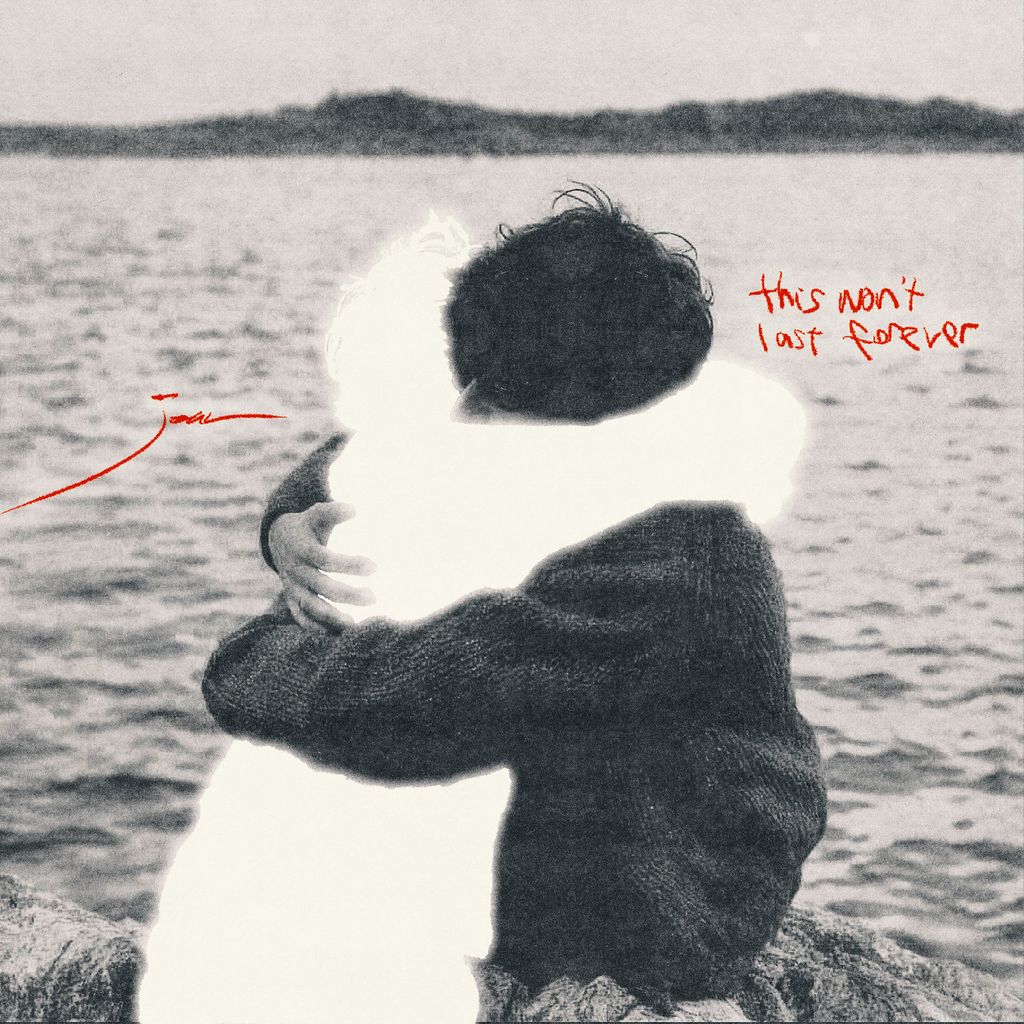Arts
Why Issa Rae and Travon Free’s ‘Him or Her’ is a Big Deal for Bisexual Representation
22 Jan, 18
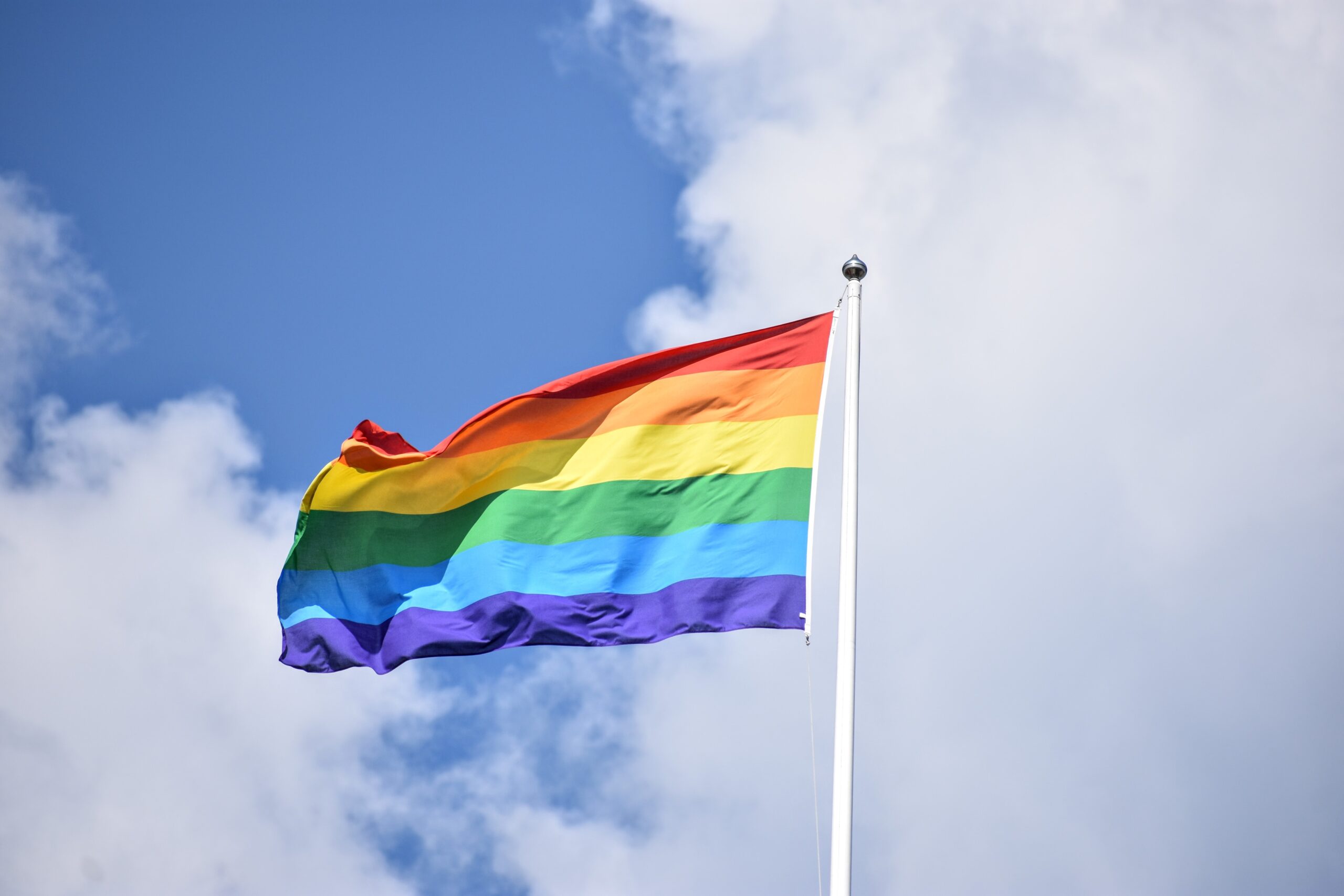
Photo by Rob Maxwell on Unsplash
My humble thoughts don’t reflect the opinions of Popdust, or anyone other than myself. I’m just shedding some rainbow light.
It was recently announced that Issa Rae (the creator of Awkward Black Girl and Insecure) will be partnering with ex-Daily Show writer, Travon Free, to produce Him or Her for HBO, a show about a Black, bisexual man navigating modern dating. I was among the many that celebrated Issa Rae’s new producing deal, but I’m surprised to see an alarming amount of Black men on Twitter are scared Issa Rae’s trying to derail their picture-perfect heteronormativity, their precious domesticity, and straightness (with a capital S).
Twitter can be quite telling:
I like Issa Rae but there’s no such thing as bisexual black men. Either you gay or you’re not.— Chris1883 (@kingchris83) December 19, 2017
Again,
Bisexual??? Lol I see why the greenlighted this, I hope it flops— Pride 🇳🇬 (@Schoolboy_O_) December 20, 2017
and again.
The funny thing about being bisexual is that you’re not bisexual…unless, of course, you are bisexual. You don’t miraculously fall into same-sex relationships unless you desire to do so. There’s no public agenda endorsed by white media, anonymous women, Issa Rae, the Black matriarchy, or Jay-Z and the Illuminati that’s trying to feminize and emasculate Black, heterosexual cis men. Everyone, including your pet turtle and hard-of-hearing grandmother, is entitled to believe LGBTQ+ narratives are kryptonite to manly men, but again, that’s an opinion—something you’re entitled to as an American citizen.
Feel free to be mad, confused, happy, or indifferent—but no, you are not personally victimized by LGBTQ+ stories of an ever-evolving social celebration of free love and sex. (Thankfully, there’s enough wokeness to go-round.) Let’s call the vile and ignorant rhetoric online about HBO’s upcoming Him or Her exactly what it is: homophobia.
Bisexual women and men exist and have so since the beginning of time. (Gasp!) Before Ancient Greece fell to Roman rule in 146 BC, Greece was a haven for bisexual men and women; and in Ancient Rome, freeborn men were allowed to sleep with whoever, whenever, as long as they didn’t bring shame to their spouses. Shakespeare, the poet who invented 1,700 words in the English language (and whose sonnets are studied in high school), is allegedly said to have had same-sex relationships and male muses; over 160 poems are written about a ‘Fair Lord’ figure with whom Shakespeare was infatuated. Lou Reed, David Bowie, and Malcolm X—a passionate orator and the civil rights leader who fought diligently for the Nation of Islam, in case you forgot—were all said to have been sexually fluid a.k.a. bisexual. So let’s stop acting like being bi is a new trend or a Halloween costume you can buy at Hot Topic.
There are plenty of representations of gay relationships in TV (Modern Family, Orange Is the New Black, Shameless, Glee), but it’s still uncharted territory for many shows chronicling Black characters, mainly because heterosexuality is still depicted as the norm in most Black art. (Someone cue any rap song ever made.) In fact, Issa Rae’s very own Insecure dedicated an entire episode exploring Molly’s fascination with her partner’s bi-curious phase in college (spoiler alert: Molly wasn’t feeling it). I’m not going to blame hip-hop, or attack straight men who are proud to be so, or even insinuate that it’s only straight men who deny the narratives of bisexuals online—but can everyone have a seat at the table?
Representations of LGBTQ+ characters in Black media are rarely shown unless they are shown through stories of trauma. When I saw Barry Jenkin’s Moonlight, I remember leaving the theater in silence. Moonlight was the first film I saw that depicted love and Black masculinity in a nuanced and honest light. One of the most poetic films I’ve ever seen, Moonlight visually said what so many articles and think pieces have argued: It’s hard enough to be Black and even harder to be gay and Black. Your community, I’ve learned, can tarnish the matters of your heart.
It’s important to show all facets of sexuality, but when will we be able to show gay, bisexual, and polyamorous Black men and women in media without attaching their narratives to psychological and physical abuse, without exploring queer love through a lens of tragedy and pain? When will we celebrate the narratives of everyone, instead of showing queer love only when it’s combating toxic masculinity?
It should go without saying that in addition to one’s opinion, every human should be entitled to pleasure, happiness, and love in this life. If Issa Rae and Travon Free get Him or Her past development, I for one will be tuning in.
“I’m rooting for everybody black!” #Insecure star @IssaRae says on the red carpet #Emmys pic.twitter.com/Pz3DJPyJc2— Variety (@Variety) September 17, 2017
Shaun Harris is a poet, freelance writer, and editor published in avant-garde, feminist journals. Lover of warm-toned makeup palettes, psych-rock, and Hilton Als. Her work has allowed her to copyedit and curate content for various poetry organizations in the NYC area.
POP⚡ DUST | Read More About Film/TV…
BOX OFFICE BREAKDOWN | What’s coming to theaters this weekend?
South Park: Fractured but Whole’s surprisingly positive queer relationship
Season Two of ‘Atlanta’ is finally on its way!
Reality TV Royalty | ‘Keeping up with the Kardashians’ returns to Bravo

